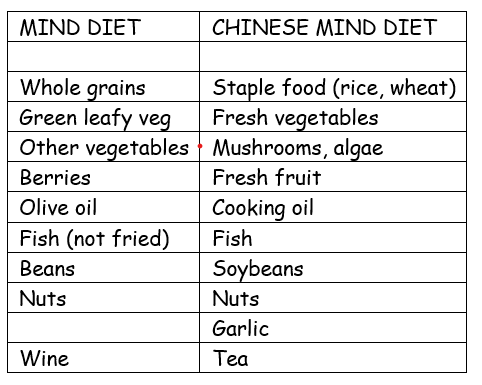Industry-funded study of the week: Beef
Christopher Gardner writes me that the next time I need an example of an industry-funded study, I should take a look at this one. Happy to.
The Study: A Mediterranean-Style Diet with Lean Beef Lowers Blood Pressure and Improves Vascular Function: Secondary Outcomes from a Randomized Crossover Trial. Jennifer A Fleming, Kristina S Petersen, kup63@psu.edu, Penny M Kris-Etherton, David J Baer. Current Developments in Nutrition, Volume 9, Issue 4, 104573.
Objectives: “The aim was to evaluate the effects of a MED diet incorporating 0.5 oz./d (MED0.5), 2.5 oz./d (MED2.5) and 5.5 oz./d (MED5.5) of lean beef compared with an Average American diet (AAD) on vascular health [brachial and central blood pressure, pulse wave velocity (PWV), and augmentation index].”
Methods: “In random sequence order, participants consumed each test diet for 4 wk. Vascular outcomes were assessed at baseline and the end of each diet period.”
Results: “PWV was lower following MED0.5…and MED2.5… compared with the AAD; PWV was nominally lower after the MED5.5 compared with the AAD…Central systolic blood pressure was lower following the MED0.5…and MED2.5…compared with the AAD…Brachial systolic and diastolic pressure were lower following all 3 MED diets compared with the AAD (P < 0.05).
Conclusions: Compared with an AAD, MED diets containing 0.5 and 2.5 oz./d of lean beef improved brachial and central systolic and diastolic blood pressure and arterial stiffness. Our findings suggest that a MED diet with ≤5.5 oz./d of lean beef does not adversely affect vascular function.
Conflict of interest: JAF received travel funds from the National Cattlemen’s Beef Association for giving presentations on this research. PMK-E and DJB received funding from the National Cattlemen’s Beef Association for the research reported in this article. KSP has received grants from the National Cattlemen’s Beef Association to conduct other research projects. KSP has also received honoraria from the National Cattlemen’s Beef Association for consulting work unrelated to the research presented in this paper.
Comment: Professor Gardner noted that the AAD diet contained 3,500 mg sodium/day, whereas all three of the Mediterranean/beef diets had lower sodium (<2,300 mg/day). Could reduced sodium have anything to do with the reduced blood pressure observed on the two diets containing lower amounts of beef (Med 0.5 and Med 2.5)? The authors, alas do not discuss this point. This makes this study appear to have been designed to demonstrate that eating beef does not adversely affect blood pressure. Research on the effects of industry funding demonstrate that funders do not need to have a role in the design, conduct, etc of a study to exert influence. Consciously or unconsciously, intentionally or unintentionally, funding recipients want to please their sponsors. Studies of the effect of diet on blood pressure need to control for sodium intake.


